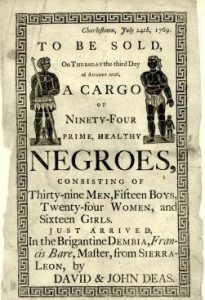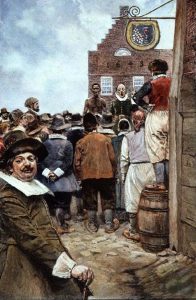Afro American History makes up a very important part of the American heritage and is something that should be studied by everyone. The contributions that the African people have made across the globe should never be forgotten. Neither should the long history of hardships that were faced be downplayed or set aside.
What does looking at Afro American History Mean?
Looking at Afro American history means recognizing how it pertains to the African Americans that played a role in the US that helped to create the foundation for this country and their contributions.
It is of such importance that February has been designated as Black History Month and is celebrated by all walks of life. It means looking at the many years of slavery and the revolts that have been documented throughout history that led to freedom. It includes looking at those figures who were prominent throughout the years with their contributions towards the African American population.
Looking at Slavery
Slavery took its roots in America in Hampton Virginia. It was Massachusetts that was the first region to make slavery legal. Originally slaves were kept in captivity to act as servants but after a period of time they would be released only to be replaced by new slaves. Once this practice became legalized slaves were no longer set free and their children inherited the same slavery conditions as their parents were exposed to.
The Time Line
While there were many slavery revolts of varying degrees that results in additional hardships and bloodshed some of these revolts were more prominent than others. When looking back into black history one has to go all the way back to 1619 when the first African American slaves arrived. It wasn’t until 1808 that the importing of slaves became illegal as a ruling of congress.
While in the years following more steps we re being attempted to free slaves and abolish slavery it was still very much in existence. In 1857 it was determined that Congress held no authority when it came to putting bans in place regarding slavery as slaves were not considered to be citizens.
re being attempted to free slaves and abolish slavery it was still very much in existence. In 1857 it was determined that Congress held no authority when it came to putting bans in place regarding slavery as slaves were not considered to be citizens.
When Abraham Lincoln took office it was a welcoming event for many. The Southern States were not happy about this and especially when in 1863 when Lincoln enacted the Emancipation Proclamation that rebellious territories had to free their slaves and these slaves were never to be held in captivity again.
While it may have been thought that end of hardship and persecution had come to an end after this point that was not the case.
In 1866 The Civil Rights Act is passed and all blacks are considered to have the same equal rights as the whites. However, at the same time the Ku Klux Klan reared its ugly head starting in Tennessee.
